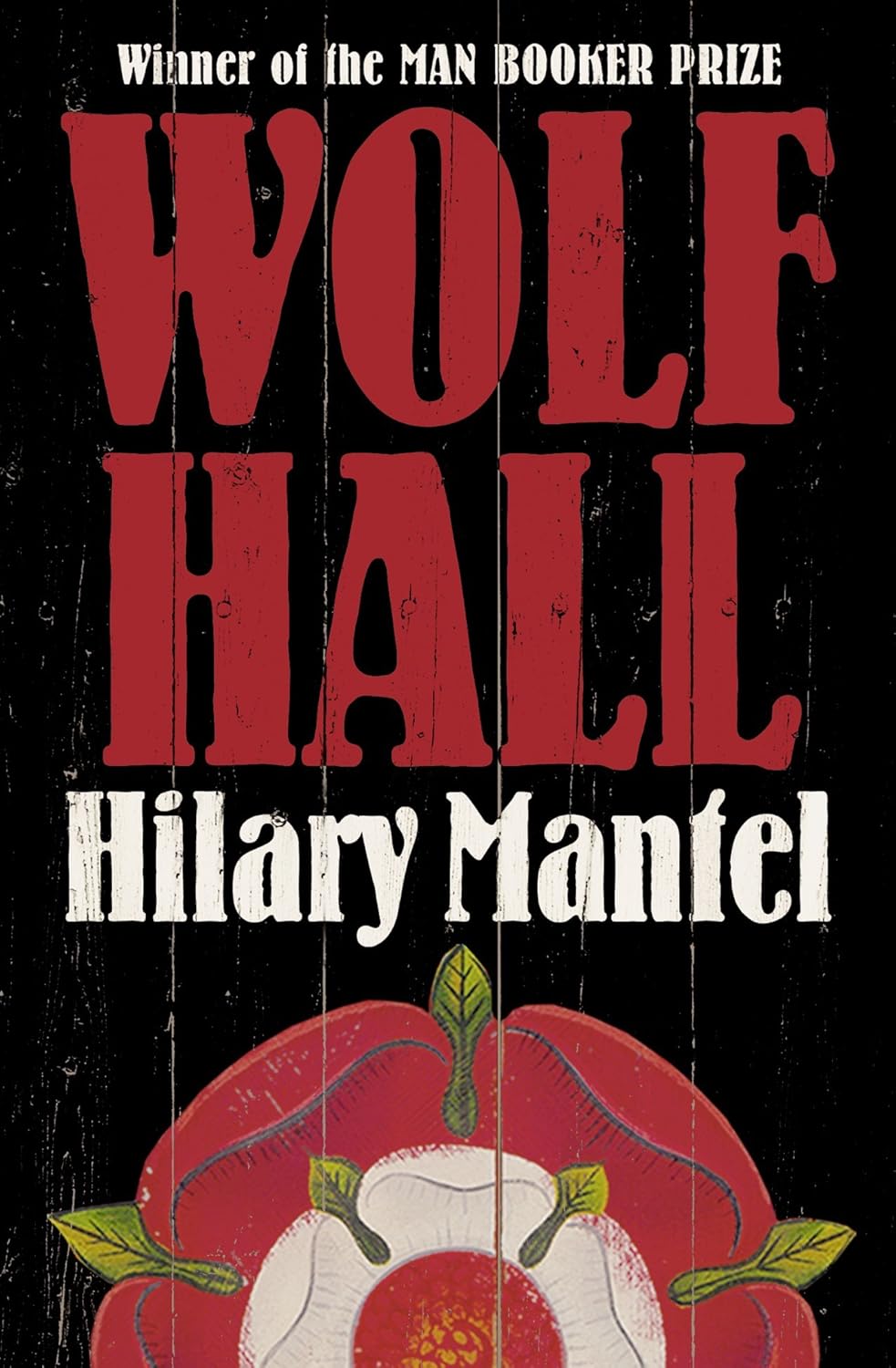 We Have Always Lived
in the Castle was Shirley Jackson’s last novel before her death in 1965 and
is primarily concerned with the themes of ‘otherness’, mental deterioration and
isolation, both geographically and socially. In common with The Haunting of Hill House, a stately
but decrepit and far-too-big house plays a major part in the story, in this
case the Blackwood manor house, a lonely and isolated pile in acres of
woodland, far away from the snooping eyes of the hateful villagers. Like its
inhabitants the house deteriorates and suffers greatly, but it’s still standing
at the end.
We Have Always Lived
in the Castle was Shirley Jackson’s last novel before her death in 1965 and
is primarily concerned with the themes of ‘otherness’, mental deterioration and
isolation, both geographically and socially. In common with The Haunting of Hill House, a stately
but decrepit and far-too-big house plays a major part in the story, in this
case the Blackwood manor house, a lonely and isolated pile in acres of
woodland, far away from the snooping eyes of the hateful villagers. Like its
inhabitants the house deteriorates and suffers greatly, but it’s still standing
at the end.
The story is told from the perspective of 18 year old
Mary-Katherine Blackwood, Merricat for short, who lives with her older sister
Constance and her disabled uncle Julian who has no recollection of the
poisoning that incapacitated and nearly killed him. Twice a week Merricat
braves the stares and the whispers of the local village, venturing out just
long enough to buy groceries, swap library books and drink a cup of coffee,
just to show the villagers that she is not afraid of them. She has a very
blunt, unusually candid manner of speaking, but it’s clear from the beginning that she harbours secrets. She’s incredibly paranoid and full of fear and a specifically spiteful form of hatred for everybody but her sister Constance and her cat Jonas.
I don't normally quote from books, but look at this for an opening line;
My name is Mary Katherine Blackwood. I am eighteen years old, and I live with my sister Constance. I have often thought that with any luck at all, I could have been born a werewolf, because the two middle fingers on both my hands are the same length, but I have had to be content with what I had. I dislike washing myself, and dogs, and noise. I like my sister Constance, and Richard Plantagenet, and Amanita phalloides, the death-cup mushroom. Everyone else in our family is dead.
― Shirley Jackson, We Have Always Lived in the Castle
Jackson does a pitch perfect job of adding paper thin layer upon layer of unease, steadily building tension and a slowly prickling sense of agitation. It’s very hard to pin down what it is that creates such unease (apart from masterful writing, obviously) but the reader understands from page one that the narrator is a very unusual and very psychologically damaged woman. There are no ghosts or monsters, no haunted house and no phantoms; all the fear in this book comes from the unknowable shady corners of the human mind.
Soon enough we learn that six years prior to the events of the novel a collection of murders occurred in Blackwood House. All other members of the family, immediate and extended, were fatally poisoned at the dining table. Investigators found the source of the poison in the sugar sprinkled on blackberries served at dinner. Merricat survived, being sent to bed with no supper as punishment. Constance, the chef on this occasion and the only one who took no sugar on her berries was the obvious suspect, but a lack of evidence sees her acquitted. The murders become notorious, and the three surviving Blackwoods become village curiosities; reclusive, inescapably odd and invisible.
The sisters’ (and Uncle’s) quiet, and ultimately quite happy
life is disturbed when a cousin appears at the house, ostensibly there to
reconnect with his family after the
disowning of the surviving Blackwood sisters, his intent and motivation
is fairly obvious very quickly. His appearance disturbs the tranquil and
established routines, routine so scared it’s almost ritual and sets in motion a
deadly chain of events that will change life forever at Blackwood house.
This is such a skinny book it can be read in an evening- it’s
gripping and absorbing, and it’s really hard to say what element makes it so
unnerving. The sense otherliness is all I can attribute it to. Merricat and
Constance are not like normal people and
when they keep to themselves they are happy. I loved the psychological element
of this novel, the way that small town gang mentality and persecution is explored and the pains that Constance goes to to keep her evidently
mentally ill sister comfortable, safe and content. The sisters (and the cat)
want for nobody else, they seek out nobody else, and as long as it stays just
the three of them, they will be fine.
As far as the plot goes, it’s a very simple plot. But it’s
not the plot that makes it. It’s the writing style that is so arresting. When
the ‘twist’ (if it can be called that) is revealed, the reader has suspected it
for some time. It’s the casual way that it’s presented that makes it notable,
not the revelation itself.
Very much recommend. I read it on Halloween thinking incorrectly
that it was a ghost story. While there’s nothing supernatural about it, the
moody isolation is certainly atmospheric and it’s definite worth a read for its
interesting characters and its creepy sensations.




